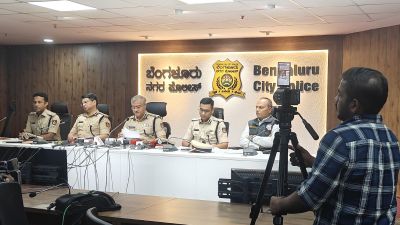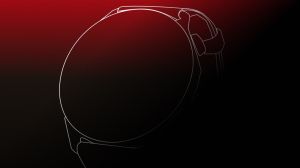Govt may curb sugar imports
NEW Delhi, MAY 8: The Indian government was contemplating steps to curb rising sugar imports, food minister Surjit Singh Barnala said on ...

NEW Delhi, MAY 8: The Indian government was contemplating steps to curb rising sugar imports, food minister Surjit Singh Barnala said on Saturday. "We are making efforts to discourage imports of sugar… we won’t be able to spell it out right now," Barnala told reporters on the sidelines of a seminar on "Edible rice bran oil". He also ruled out subsidisation of wheat exports as a measure to reduce the excess supply of the foodgrain in the domestic market.
"Whatever decision is to be taken will be taken by the Union cabinet," he said in reply to a question. He informed that a total of 12 lakh tonnes of sugar had come into the country between September 1997 and January 1998.At least six lakh tonnes have been bought from Pakistan and most of the imports have been registered by traders in Amritsar. Despite a five per cent increase in the sugar during the budget there was a surge in imports of the commodity from Thailand with at least 60,000 tonnes of sugar having been contracted from Thailand in the last oneand half month. Trade officials expect sugar production to exceed 15.2 million tonnes in 1998/99. The country had stocks of 5.4 million tonnes of sugar in the beginning of the year in October.
But industry officials and analysts say India’s political turmoil, which is likely to continue until elections are held in September and October, and a fall in international prices had led to an increase in sugar imports. Analysts said the government would not like to initiate steps that would fuel domestic sugar prices at the time of elections."Our information is we have imported about 1.4 million tonnes of sugar since September 1997 onwards," VM Bhatnagar, secretary of the National Federation of Cooperative Sugar Factories said. He added that more than 2.4 million tonnes of sugar imports had been registered with the state-run Agriculture and Processed Foods Export Development Authority.
Most of the cheap imports were from Brazil, Thailand and Pakistan. "I have a feeling that there could be some increase on importduties or some restriction on imported sugar (to curb imports)," Bhatnagar said. Currently importers have to pay a total import duty of 27.5 per cent on refined sugar. The domestic sugar trade is required to sell 40 per cent of its output to the government as levy sugar at state-determined prices for sale to the poor through a public distribution system.
The industry sells the remainder at free market prices. Producers say this puts them at a disadvantage and makes their sugar more expensive. Importers do not have any such restrictions and can sell their sugar freely. India annually consumes around 14 million tonnes of sugar.
Barnala also dismissed reports of fall in wheat prices below the minimum support price (MSP) as incorrect’ and said procurement of wheat by FCI and other state government agencies were efficient and timely.
He said the government would try to make maximum useof the bumper wheat crop in the domestic market and supply to overseas market if necessary. The minister said lack ofcompetitive price in the international market was the main obstacle in India undertaking large scale exports of wheat. Government has already allowed export of 25,000 tonnes ofwheat to Bangladesh by private traders.



- 01
- 02
- 03
- 04
- 05




























